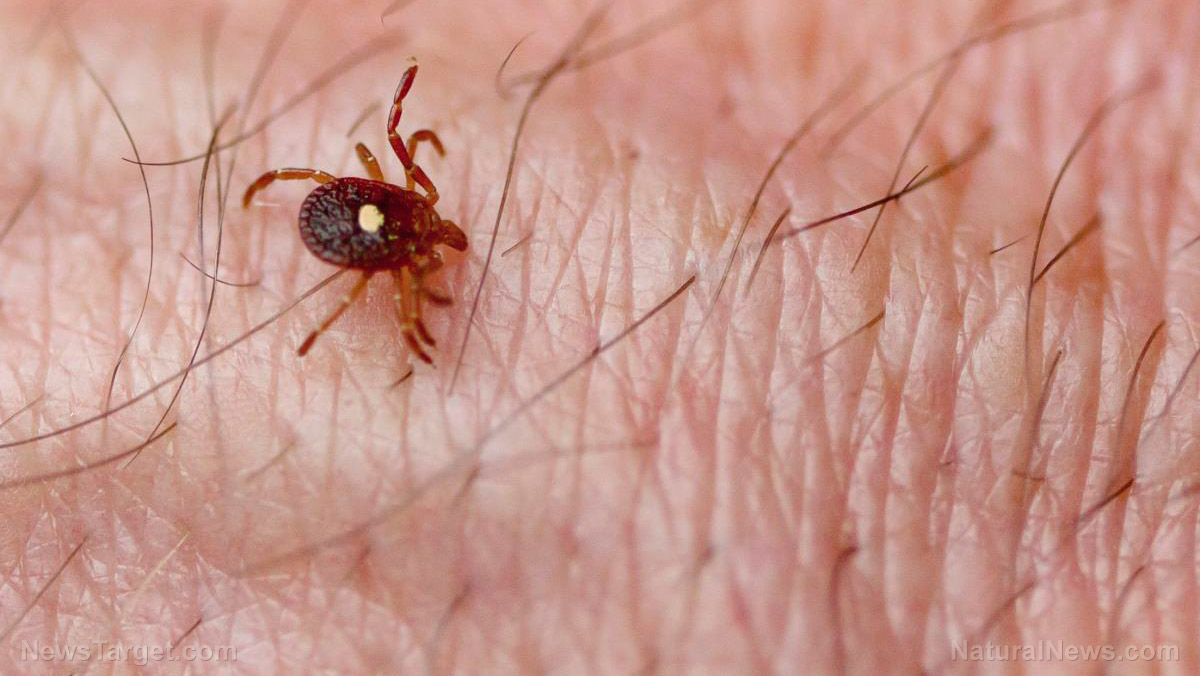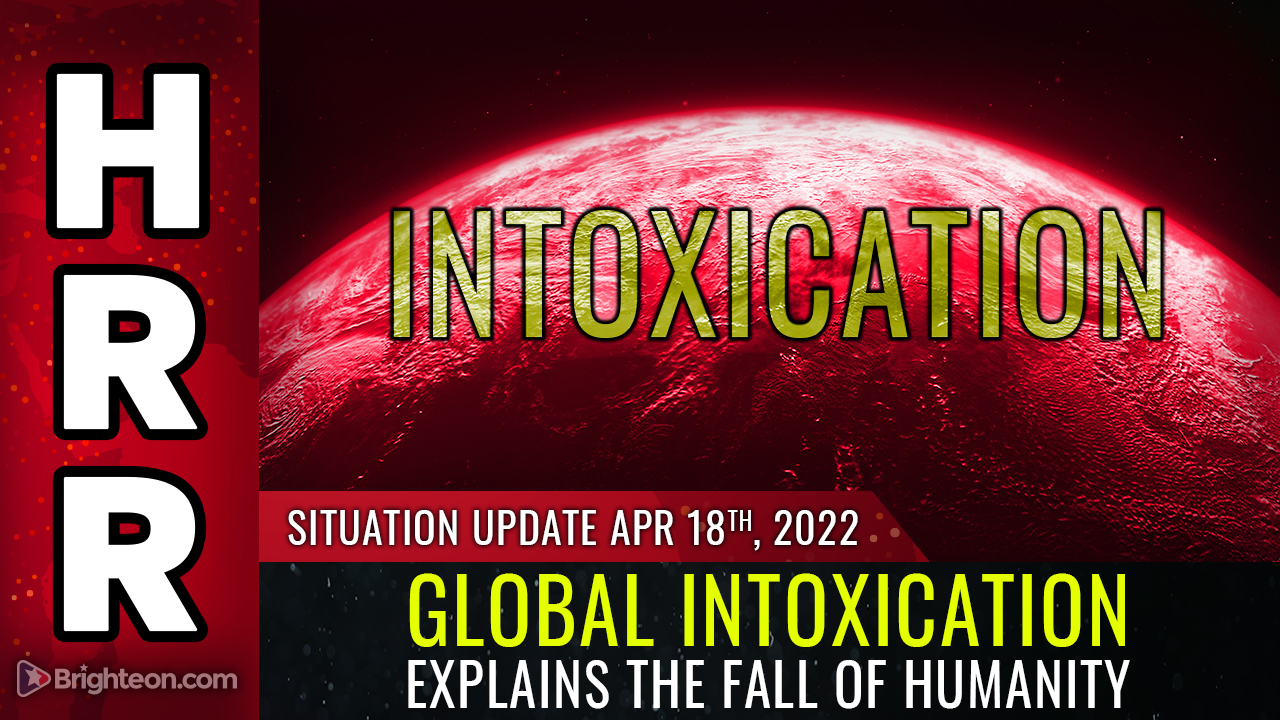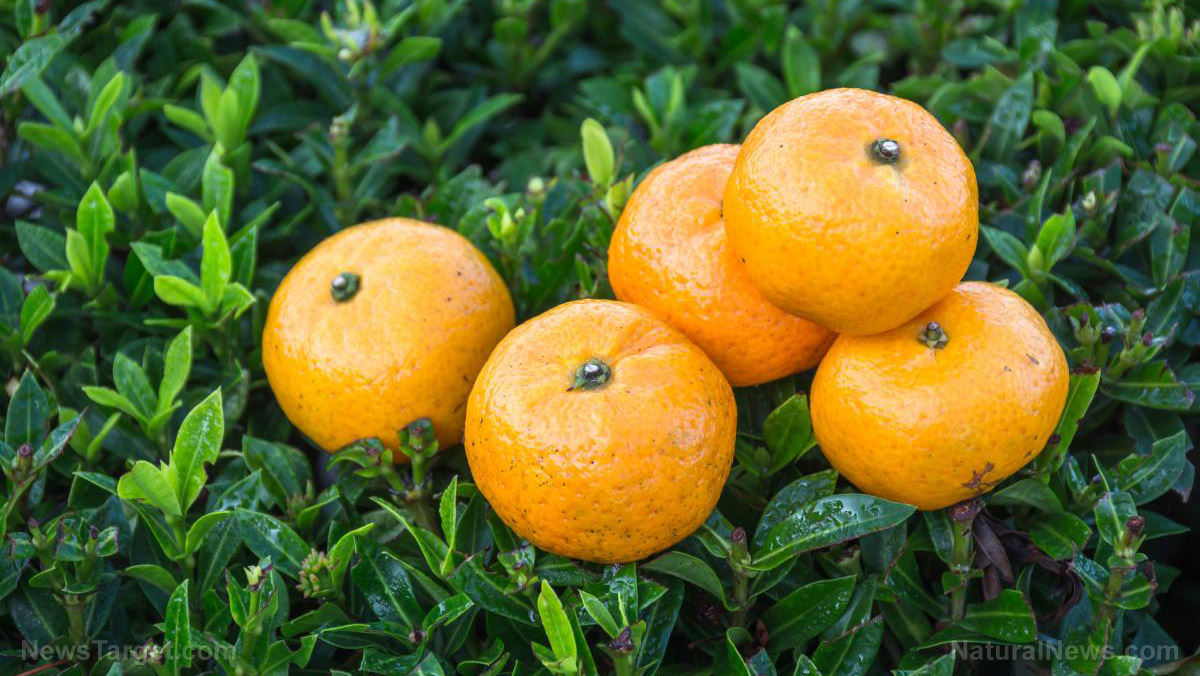Over 90 percent of salt brands contain MICROPLASTICS, scientists find
03/22/2020 / By Ralph Flores

Bad news, salt lovers — a recent study says that over 90 percent of salts sold across the world contain microplastics. The study, published in the journal Environmental Science and Technology, looked at 39 salt brands from 21 countries, including the U.S. and China.
Microplastics refer to plastic debris less than five millimeters in length — around the size of a sesame seed. These can come from many sources, like larger plastic debris that have degraded into smaller pieces. Microplastics also refer to microbeads, tiny pieces of polyethylene plastic which were previously added to health and beauty products. In the U.S., the use of microbeads has been banned since 2015, following the passing of the Microbead-Free Waters Act.
According to researchers, the findings indicate that plastic pollution isn’t just limited to the waterways; rather, it’s becoming a consumer concern.
“Recent studies have found plastics in seafood, wildlife, tap water, and now in salt,” said Mikyoung Kim, a campaigner for Greenpeace East Asia, which supported the study. “It’s clear that there is no escape from this plastics crisis, especially as it continues to leak into our waterways and oceans.”
The amount of microplastic in the salt also varied by brand — the worst offenders had as much as 13,000 pieces of microplastic per kilogram of salt while some only contained 28 pieces of microplastic per kilogram. The team also found that Asian brands had the highest levels of microplastics, with those from Indonesia having the highest concentrations. This meant that an average adult potentially consumes around 2,000 pieces of microplastic every year from salt alone.

“The findings suggest that human ingestion of microplastics via marine products is strongly related to plastic emissions in a given region,” explained Seung-Kyu Kim, a marine scientist from Incheon National University in South Korea and a co-author of the study, in a statement. “In order to limit our exposure to microplastics, preventative measures are required, such as controlling the environmental discharge of mismanaged plastics and more importantly, reducing plastic waste.”
People are eating their meals with a side of microplastics
While the presence of microplastics in salt is already a disconcerting fact, another study points out that people in the U.S. could be eating as many as 50,000 pieces of microplastics every year. In their report, biologists at the University of Victoria in Canada looked at studies on microplastic content in certain foods and compared them with current dietary guidelines to determine a person’s average microplastic consumption.
Using these data points, the researchers determined that just by taking into account average intake amounts for seafood, salt, sugar and beer alone, an American adult male can eat as many as 52,000 microplastic pieces every year. For women, the researchers found the number to be slightly lower at 41,000 pieces per year, since they have a smaller food intake. According to the team, the figures can be even higher, especially when estimates for bottled water consumption are added. If an adult, for instance, mostly drinks bottled water, he can ingest up to 127,000 pieces of microplastic per year. (Related: Nearly all bottled water found to contain microplastics… you are drinking “plastic stew” that disrupts human hormones.)
The researchers noted that while these figures are just estimates, the real figures could be even larger. For instance, the team did not include estimates from more common food sources like meat, dairy, cereals and vegetables since their microplastic content is largely unknown.
Microplastics.news has more stories on the harmful effects of microplastics.
Sources include:
Submit a correction >>
Tagged Under:
This article may contain statements that reflect the opinion of the author





















